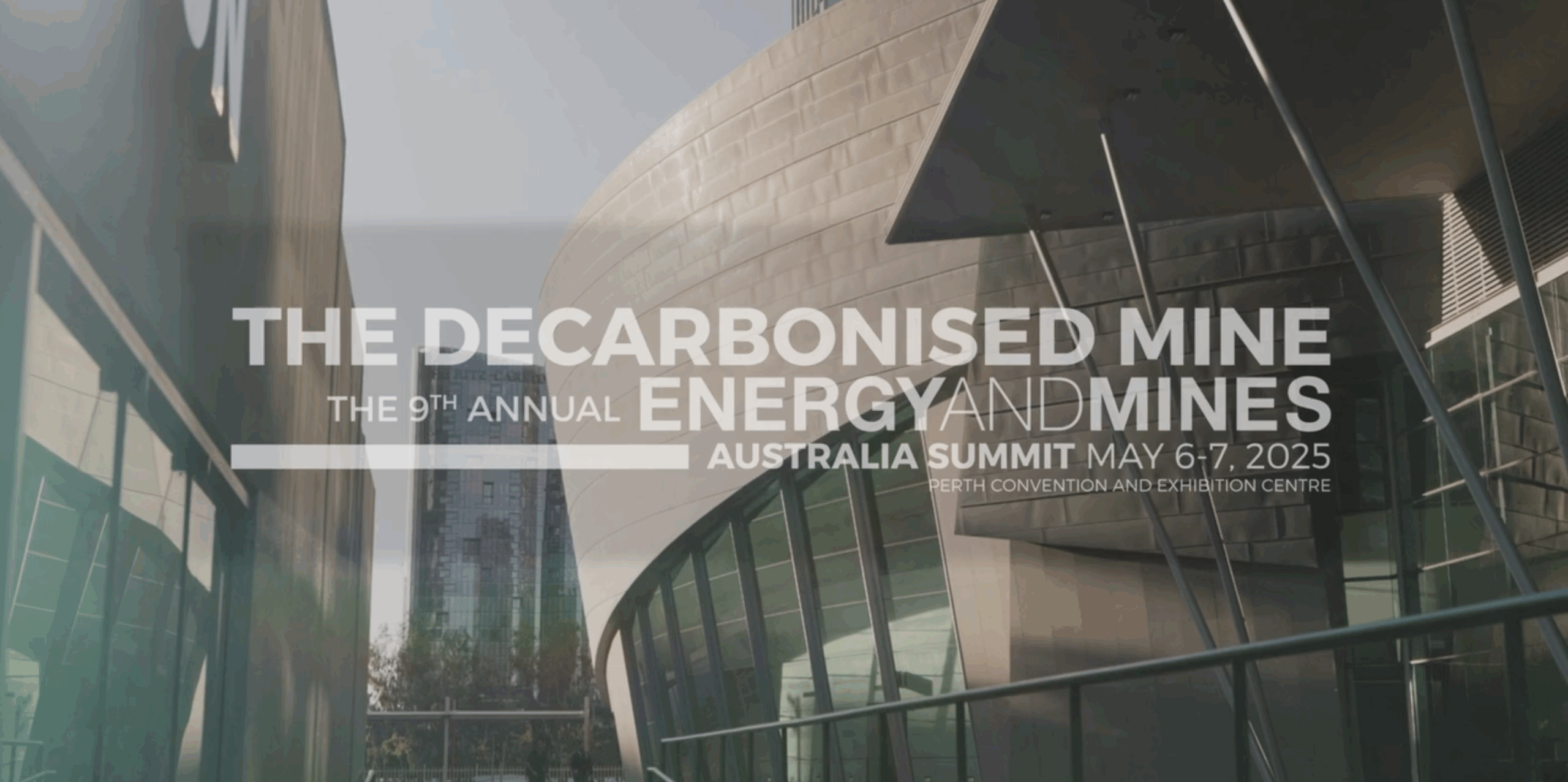
At a Glance
Event: The Decarbonised Mine
Hosted by: Andrew Slavin and team
Locations: Perth
Attendees: 500+ mining industry professionals
Sessions Captured: Multiple parallel sessions across two days
Snapsight Tools Used: Real-time session summaries, QR code access, Post-event reports
Adoption Rate: High engagement (attendees actively scanning QR codes after sessions).
A High-Stakes, High-Content Event
The Decarbonised Mine isnʼt a passive conference. Itʼs two days of deep conversations on the future of mining, focused entirely on decarbonisation and energy transition, and it brings together the people actually doing the work: mining companies, renewables providers, engineers, financiers
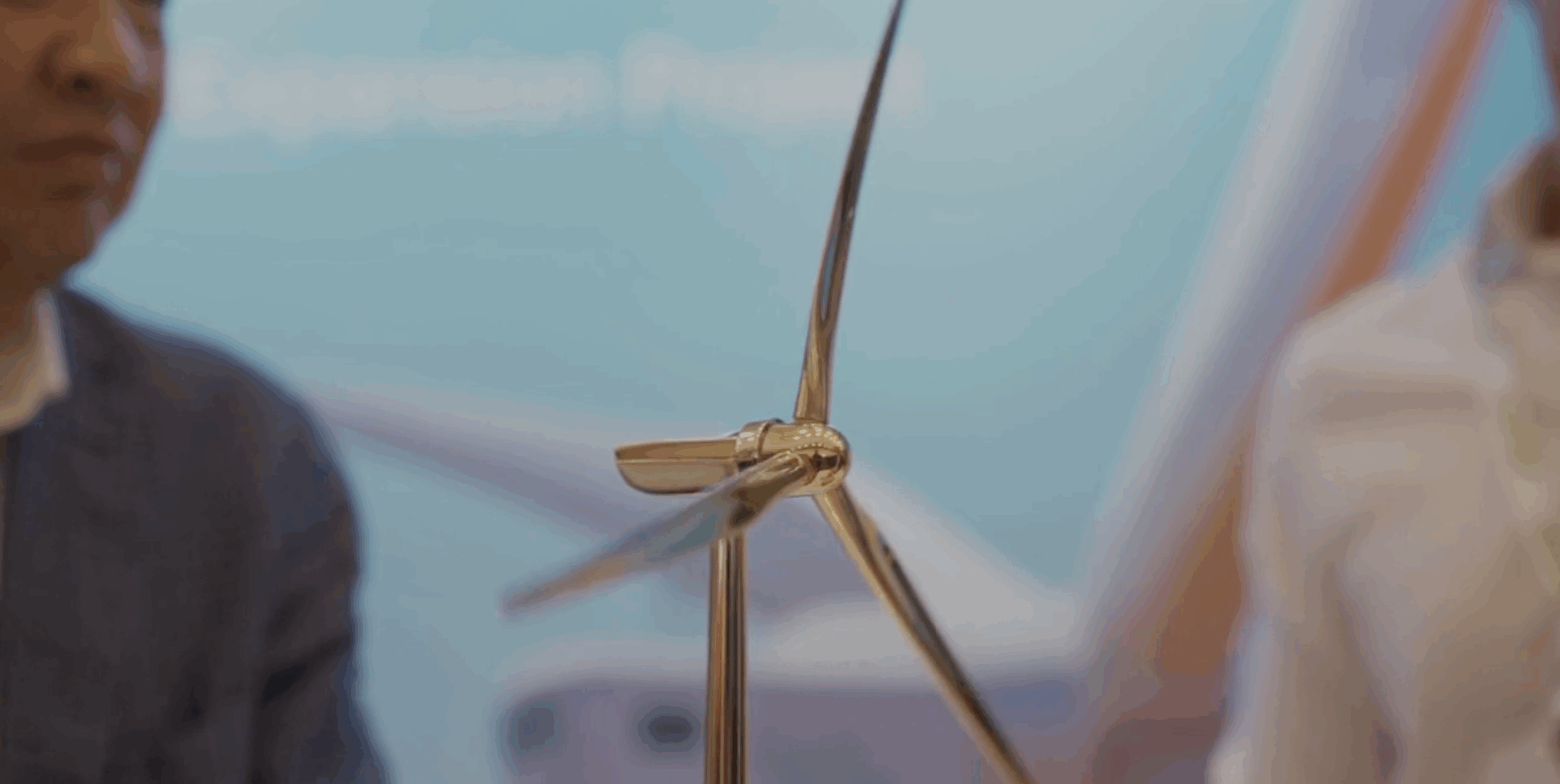
Held annually in Perth, the event draws over 500 attendees across two full days of back-to-back sessions, often running in parallel. For the organisers, that means an enormous amount of content to capture, and historically, a serious workload once the event is over.
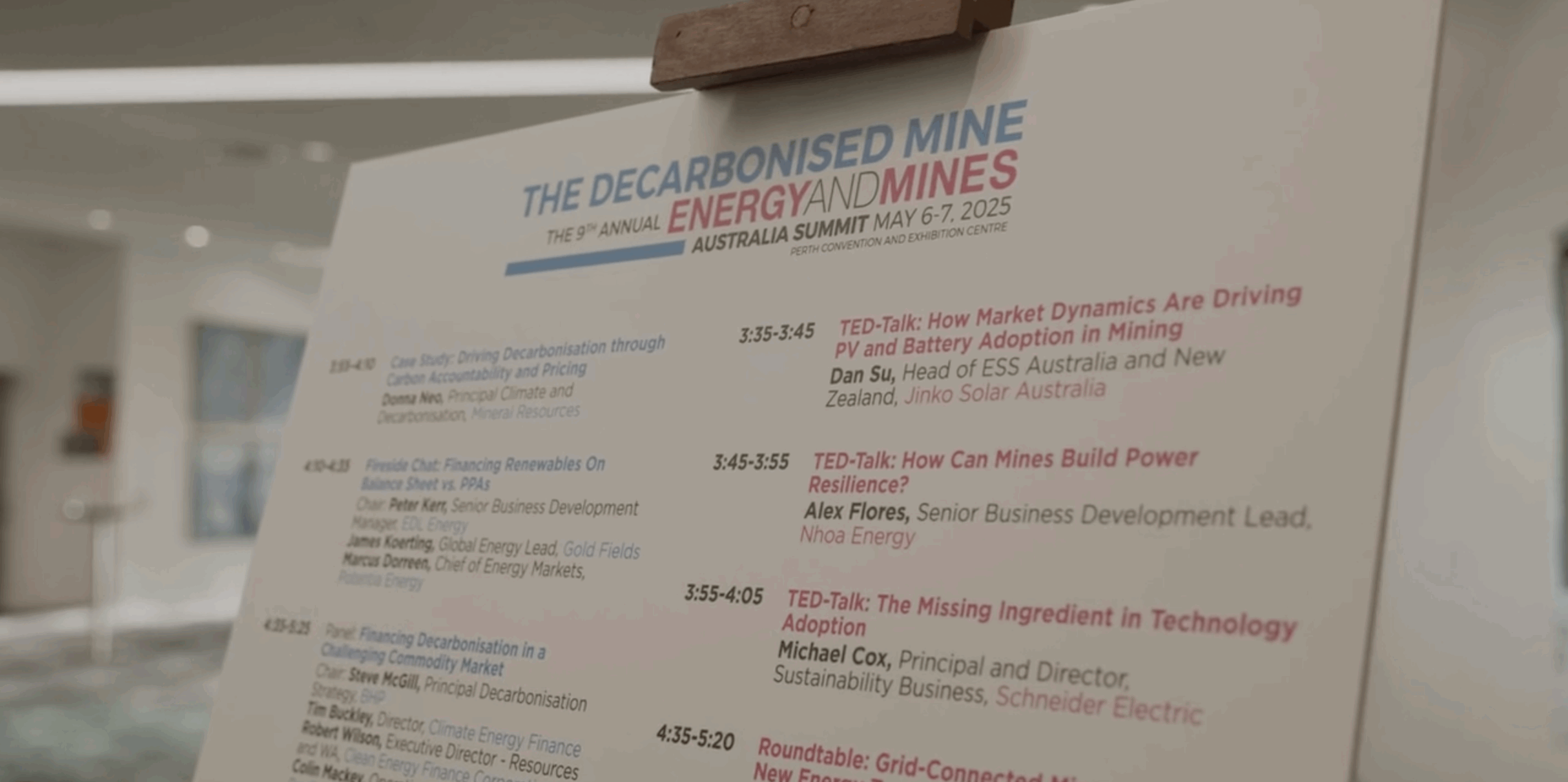
The Weight of a Broken Workflow
Andrew Slavin, who leads the team behind the event, is no stranger to the post event content marathon.
His team doesnʼt outsource much. They manage everything – programming, logistics, ticketing, content, production. And every year, once the event wraps, they would begin the long process of turning raw recordings into something usable.
“Weʼd record every session, then edit every video, then transcribe everything, then hand it off to a journalist, then design all the reports,ˮ Andrew explained. “That process took weeks. Sometimes months.ˮ
Worse, the effort often outweighed the return. By the time the reports were done, the event was already old news. And in recent years, even video viewership wasnʼt justifying the cost of production.
So going into this yearʼs event, Andrew was looking for a smarter way to manage the content without dropping quality or drowning in admin.
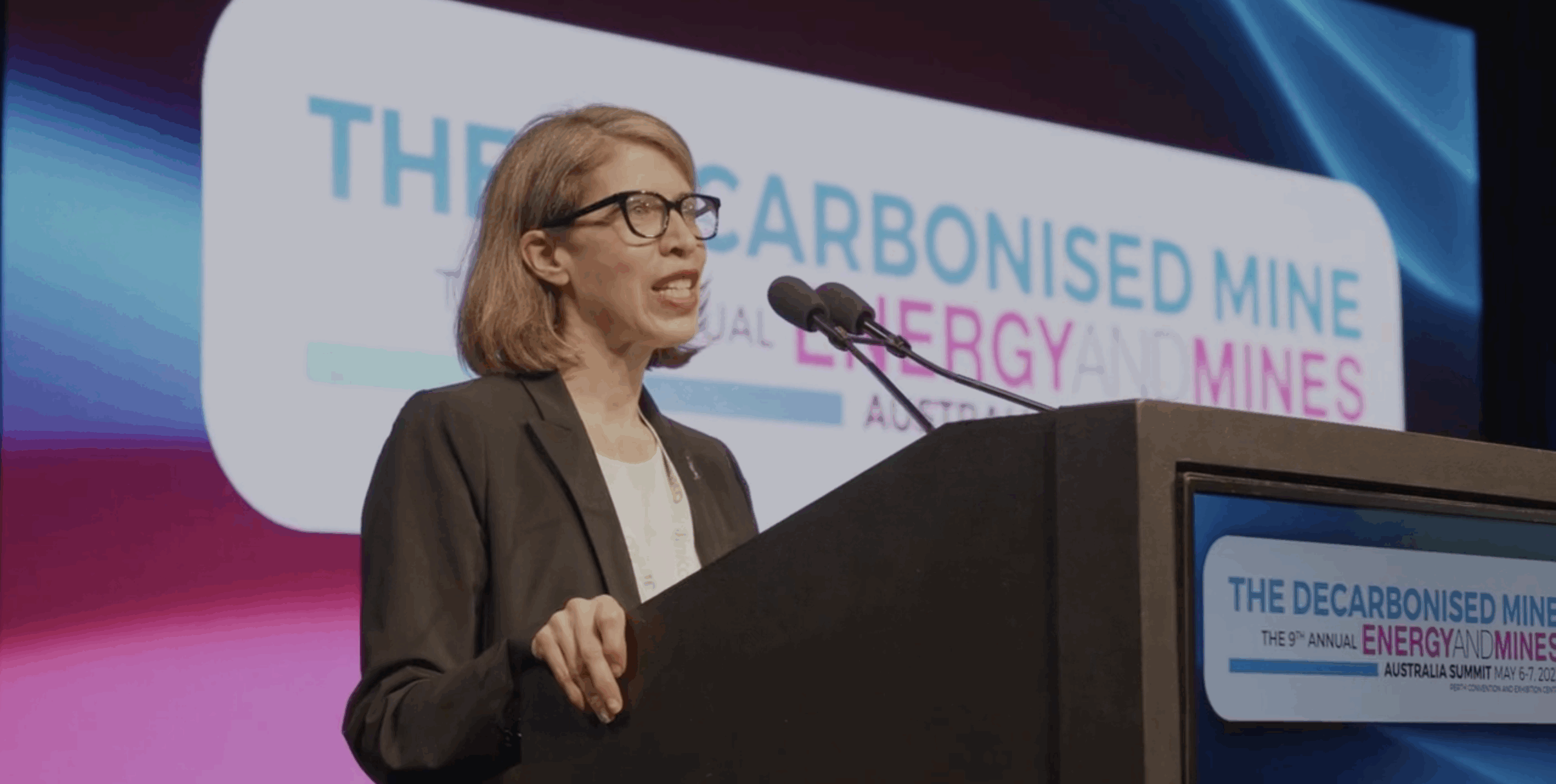
Snapsight Enters the Picture
Andrew had heard of Snapsight. He doesnʼt remember the exact moment. But once he understood what it did, the decision was straightforward.
“As soon as you get what Snapsight does, itʼs obvious,ˮ he said. “You go, yeah, we should be doing this. It just makes sense.ˮ
There was some hesitation at first, not about the idea, but about the delivery. Would it integrate smoothly? Would it be technically messy? Would the summaries be accurate enough to replace what his team had been doing manually?
But once things were in motion, those concerns evaporated. The AV team, unfamiliar with Snapsight until that point, had no trouble setting it up. And Andrew, who doesnʼt consider himself particularly technical, found it simple and seamless.
“Even for someone like me, it was very easy to use. We didnʼt dig too deep the first time, I just wanted it to work. And it did.ˮ
Real-Time Use, Real-Time Results
Snapsight was live across both days of the event. After each session, attendees could scan a QR code and access a clean summary of what had just happened, without waiting for a post-event email or edited video.
“You could see it. After every session, people were pulling their phones out to scan the QR codes. No one needed instructions.ˮ
That visibility mattered. But what mattered more was what didnʼt happen: there were no post-event production delays, no need to brief writers, no design bottlenecks.
Everything was done, over the weekend.
“The whole process that used to take us weeks was just… finished,ˮ Andrew said. “We hadnʼt lifted a finger.ˮ
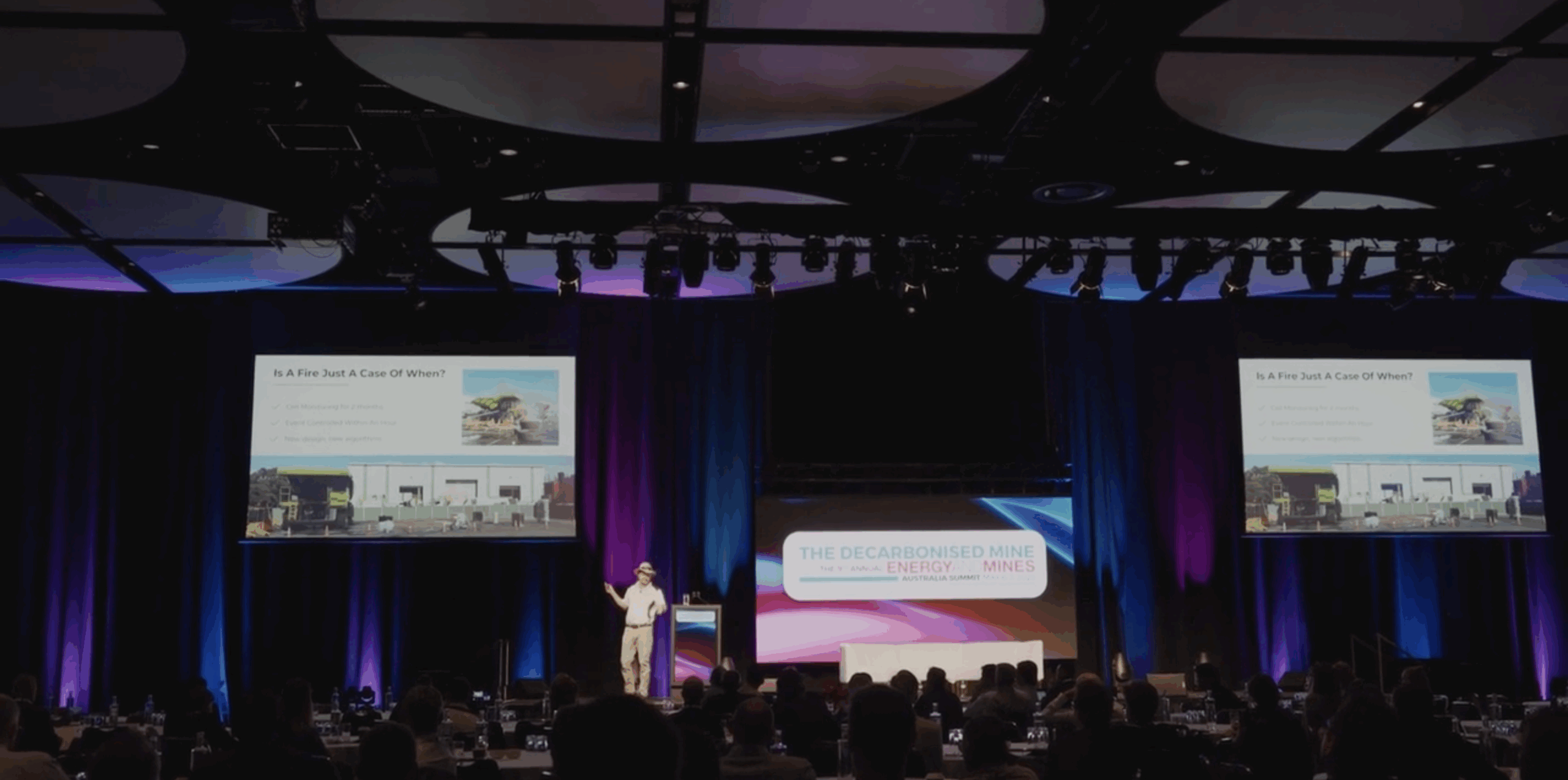
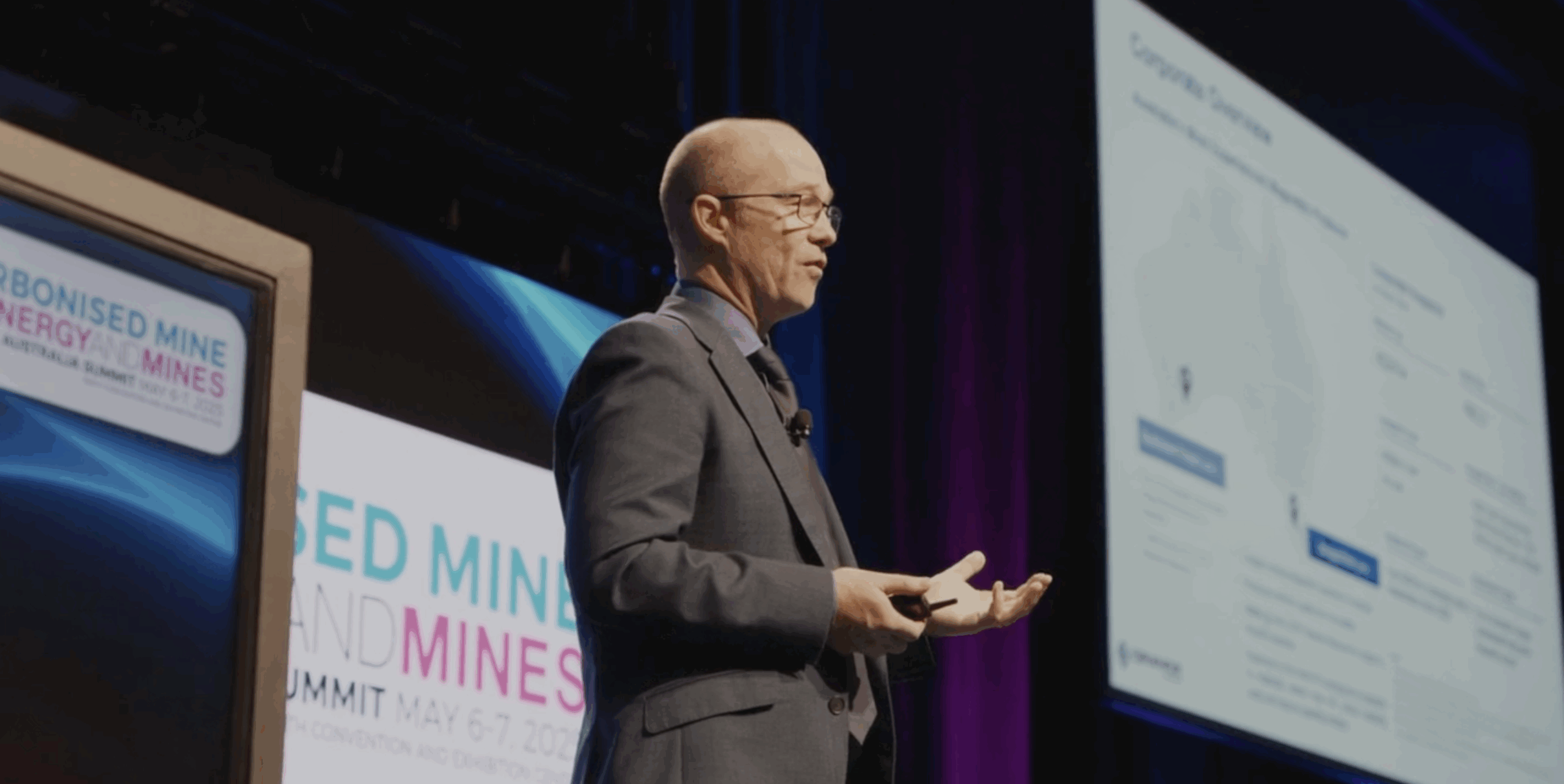
Beyond Content: A Shift in How the Team Works
The change was more than tactical, it shifted how the team actually worked.
Previously, the team had to coordinate across editors, transcriptionists, writers, and designers. Now, that entire chain was replaced by something far lighter, and much faster. There was no trade-off in quality. Just a huge difference in effort.
Snapsight gave them a faster way to handle content, replacing weeks of editing
and reporting with a process that finished over the weekend.
And while they didnʼt use every advanced feature in their first run, the success of the rollout has opened up more ideas. Going forward, Andrew wants to experiment with automated emails after each session, or even turn the QR code experience into a sponsored moment – “This summary powered by…ˮ.
What Comes Next
Thereʼs no question in Andrewʼs mind: Snapsight is now the default.
“Unless the economics of a particular event donʼt work out, weʼd just use it every time,ˮ he said. “It saved us time. It made things smoother. And attendees actually used it.ˮ
And thatʼs the difference. For an organiser used to running everything in-house, the real value wasnʼt bells and whistles. It was that Snapsight handled a hard problem and disappeared into the background.
It worked. Quietly, cleanly, without adding complexity
